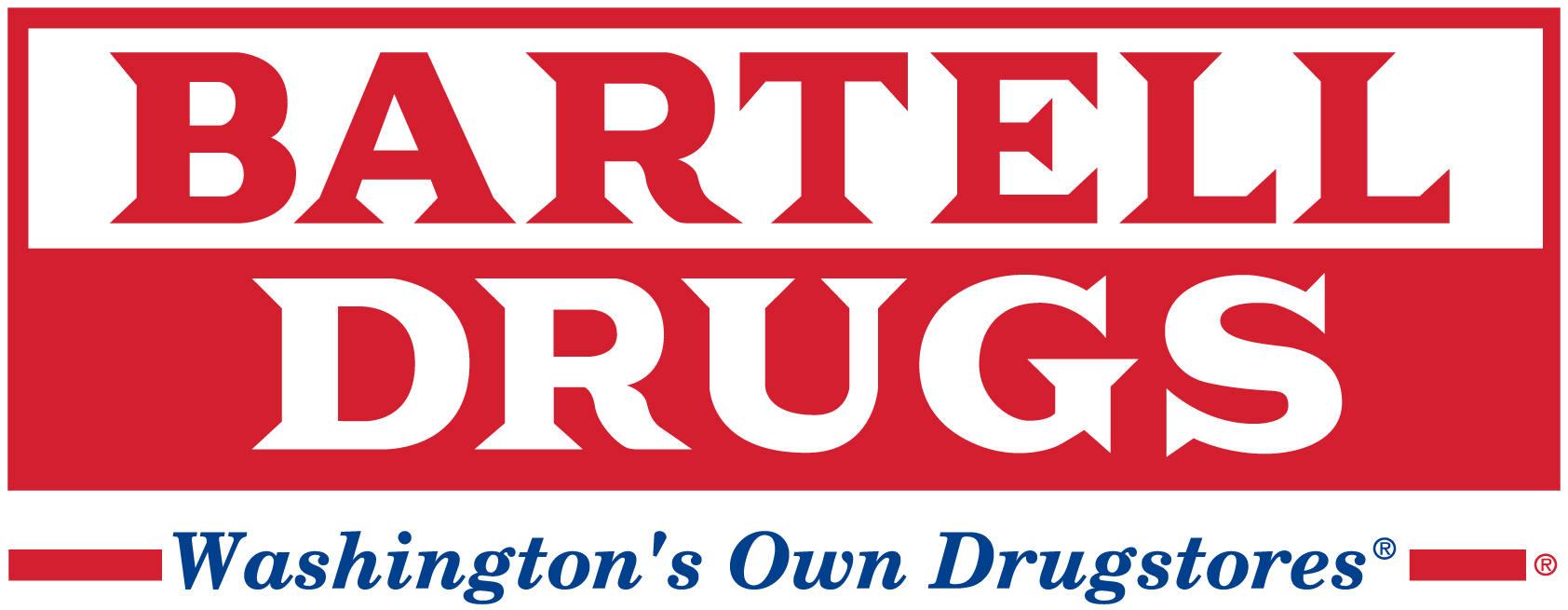George Bartell, CEO of the local drugstore chain that bears his name, says that I-1098—the initiative that would impose an income tax on high earners in Washington—”may be the most serious threat” his company has ever faced. The Seattle Times was more than willing to swallow Bartell’s claims of impending disaster and ended up spitting out an editorial last week full of misinformation and half-truths.
Bartell and the Times claim that I-1098 is a back-door business tax on S corporations—private firms, like Bartell Drugs, that have less than 35 shareholders.
Why would a company want to be an S corporation? Simple: the potential to save a lot of money.
S corporations like Bartell do not pay the combined state and federal corporate tax of 40 percent. Instead, company profit is taxed as personal income to the small circle of owners. And if there’s no personal income tax—as there isn’t currently in Washington—there’s no state tax applied to the profits. That gives S corporations like Bartell an advantage over C-corporation competitors like Walgreens and Rite Aid, which have to fork over nearly half their income in state and federal taxes.
Rite Aid, based in Pennsylvania, “is paying twice as much in taxes as Bartell,” says State House Rep. Brendan Williams, a lawyer and I-1098 supporter. “So the idea that Washington having a high-earner’s income tax is going to disadvantage Bartell relative to Rite Aid is nonsense.”
According to Bartell and the Times, however, their current advantage would be wiped away by I-1098. “Its extra 9 percent individual rate nails S corporations, LLCs and partnerships—but not C corporations,” writes the paper.
The Times is at its condescending best when it explains how I-1098 supporters could have possibly overlooked this hometown-boy-hampering provision:
“Probably it wasn’t the sponsors’ intention to favor one group of companies over another,” writes the paper, with all the gravity of a boarding-school headmaster. “But they are activists. They are not sympathetic to business and don’t understand it very well. I-1098 is the result.”
Funny, because Marilyn Watkins, policy director for the Economic Opportunity Institute, is a former businesswoman and an I-1098 “activist.” “It’s a sham issue,” she says. “We’re not picking on any one kind of company. We’re doing exactly what the other states with an income tax are doing.”
Bartell claims that he and his other shareholders put their money back into their stores. “It’s what a good retailer does,” says the Times.
But if that’s the case, then Watkins has some good news for him: So long as Bartell has halfway competent accountants, I-1098 won’t affect him in the least.
“The fact of the matter is that if the Bartell company or any other S corporation invests their profits back into equipment or staff or patents or whatever, then they don’t pay income tax on that money,” says Watkins. “I-1098 doesn’t discourage reinvestment, it encourages it.”
A spokesperson for the Seattle Times Company says that business is neither a C nor an S and will not be affected by I-1098.







